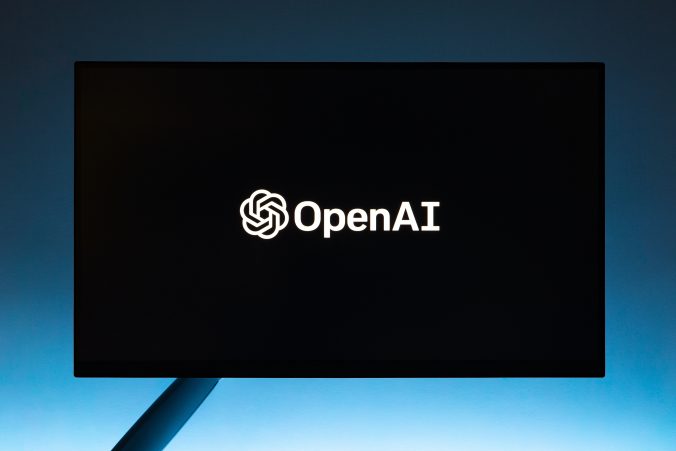Italian DPA’s Bold Moves and the Quest for Transparency
In a follow-up to my analysis last year on the geopolitical relevance of Italy’s stance on AI regulation and its constitutional implications, recent developments have underscored the Italian Data Protection Authority’s (Garante per la protezione dei dati personali) determination to be at the forefront of AI oversight. This ambition is manifesting in tangible actions that could set a precedent for AI regulation worldwide.
The Case of SORA: A New Chapter in AI Scrutiny
Recently, the Italian DPA initiated an inquiry into SORA, OpenAI’s latest generative AI model. This move, detailed on the authority’s official website and further discussed by Federprivacy, marks a significant step in the regulatory scrutiny of AI technologies. The investigation aims to assess SORA’s compliance with data protection laws, focusing on the transparency of its operations and the potential risks it poses to user privacy.
This development is part of a broader trend where the Italian Data Protection Authority is ensuring that the deployment of advanced technologies does not compromise fundamental Privacy rights. The DPA’s proactive stance on SORA reaffirms the geopolitical relevance of Italy’s regulatory approach, highlighting its role in shaping the conversation around AI and privacy on the European stage and beyond.
Data Retention Guidelines: A Local Ambition with Global Implications
The Italian DPA’s pursuit of regulatory significance is further highlighted by its latest guidelines on the retention of email metadata within Italy. These guidelines, as elaborated in my LinkedIn post, introduce a layer of complexity for organizations striving to navigate the delicate balance between adhering to privacy protections and meeting cybersecurity obligations under the GDPR’s framework (Article 32).
To simplify, organizations are caught in a challenging position where they must juggle Italian privacy concerns with cybersecurity necessities that are essential for ensuring the broader privacy mandates of the GDPR of data are met. What a genuine headache, indeed!
In short, something went wrong but commendably the DPA acknowledged the issues and opened to dialogue on the guidelines and opened a consultation.
Transparency: The Non-Negotiable Requirement
Given the hiccup with the Data Retention Guidelines, I am particularly encouraged by the DPA’s recognition of the importance of transparency. This acknowledgment shows they have done their homework in understanding how generative AI models operate.
The “black box” nature of most generative AI systems, including SORA, poses significant challenges to accountability and trust. However, in the case of a “black box” model, you cannot demand accountability due to its reliance on deep learning and transformer architectures that identify patterns in training data not evident through traditional statistical methodologies. Instead, the focus must be on transparency.
The Italian DPA’s request on transparency is thus not just a regulatory preference but a fundamental requirement to evaluate generative AI alignment with ethical standards and respect for individual rights.
Strategic Timing: The AI Act Context
In an intriguing twist of timing, the Italian DPA’s recent initiatives, particularly the inquiry into SORA and the issuance of the data retention guidelines, coincide with a pivotal moment in the broader regulatory landscape—the approval of the world’s first major act to regulate AI by European lawmakers.
Is this timing merely coincidental or it highlights the proactive stance of the Italian authority in aligning with and potentially influencing the evolving European regulatory framework for AI?
Conclusion
As we navigate the complexities of integrating AI into societal frameworks, the Italian Data Protection Authority (Garante) reaffirms its ambition to be a significant player on the global privacy and AI regulation chessboard. These commendable efforts are crucial for ensuring that advancements in AI technology are beneficial and equitable for everyone.
The strategic timing of the DPA’s initiatives, particularly in light of the recently approved AI Act by European lawmakers, is far from coincidental. It underscores the Garante’s proactive stance and its potential influence on the evolving European regulatory framework for AI. By moving forward with its initiatives at such a critical juncture, the Italian DPA not only aligns with but also champions the principles the AI Act seeks to uphold, positioning Italy as a frontrunner in the practical implementation of these emerging standards.
As the global community watches, the balance between innovation and individual rights remains delicate. The Italian DPA’s actions serve as a model for navigating this balance, offering valuable insights for others to consider. The future of AI regulation is indeed unfolding before us, with Italy leading the charge towards a future where transparency is not just valued but is seen as an indispensable component of technological advancement.

Recent Comments